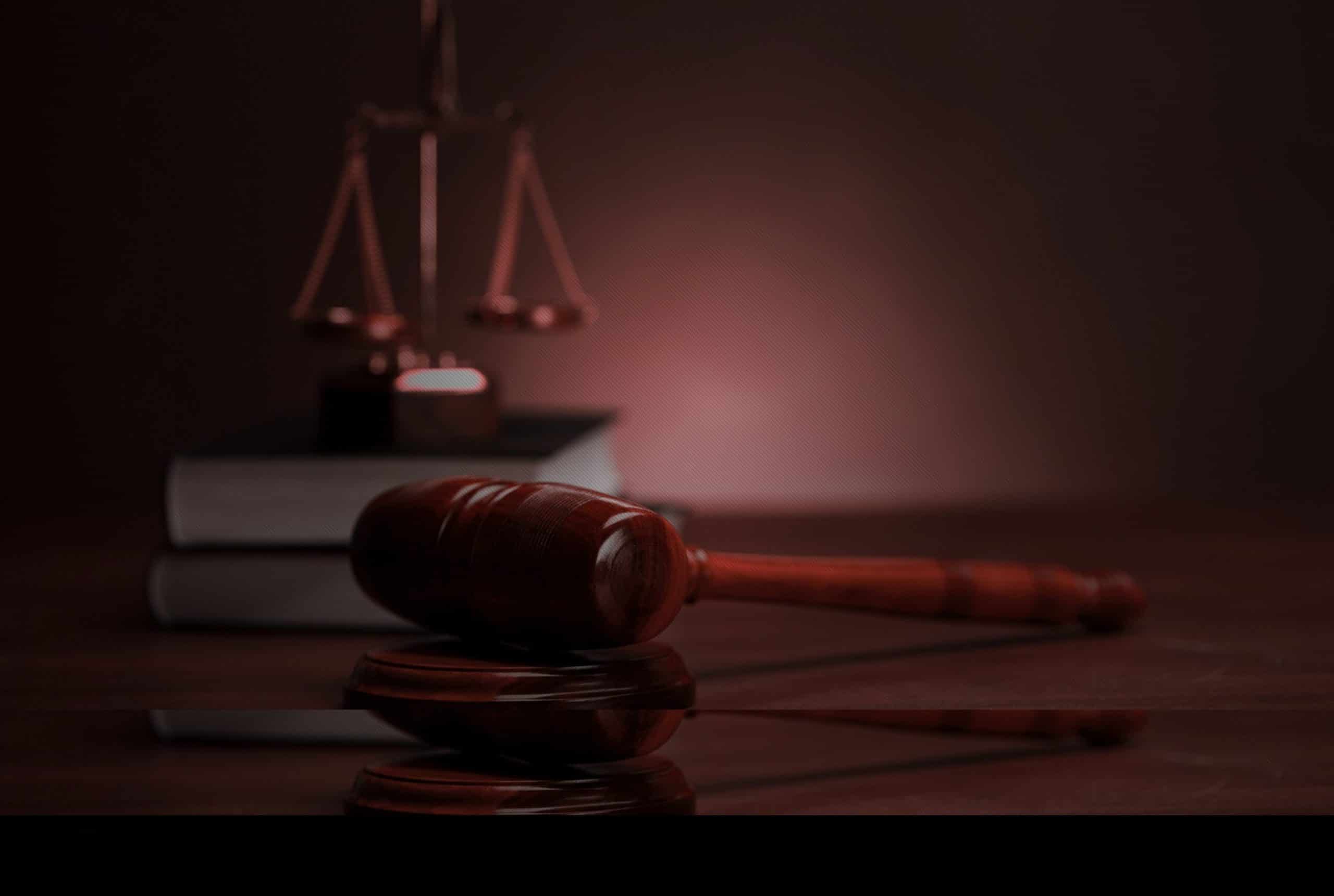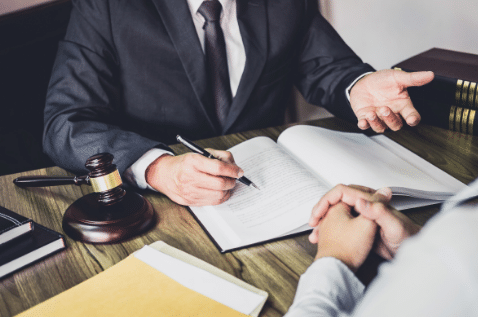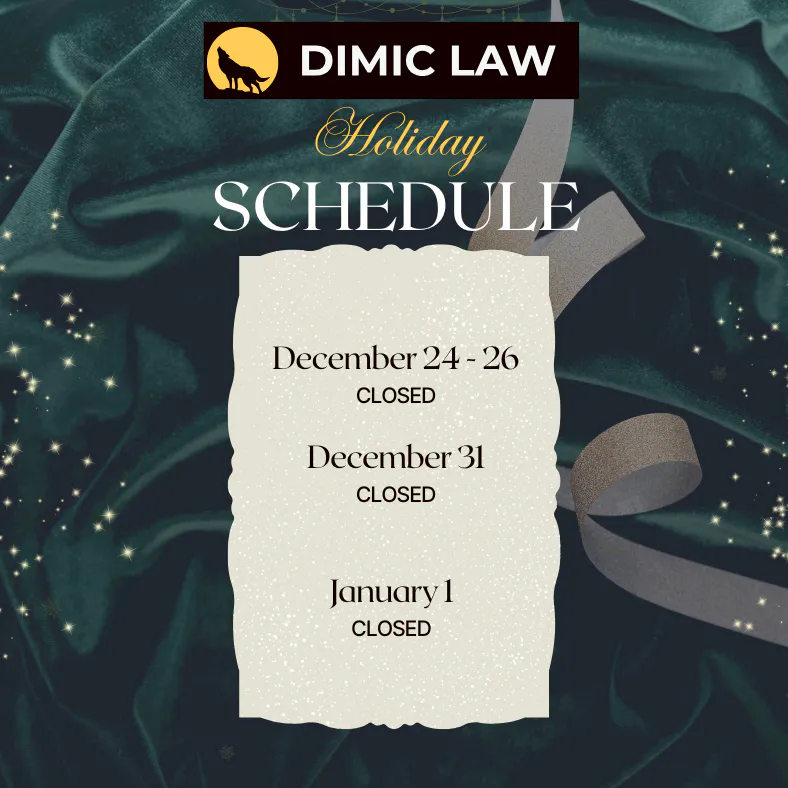
Blog
November 2021 – 5 Legal Steps to Take After a Personal Injury

No one ever expects to suffer an accident, much less to have to file a personal injury claim or lawsuit. If you are not familiar with what to do, having to go through an experience like this can be overwhelming, putting your recovery and your rights at stake.
No matter the nature of your injuries or what kind of accident you suffered, there are a few basic steps to follow in every situation, and most of them can be done simultaneously, so you will not lose any time. Here are the five main legal steps to take after a personal injury.
Seek Medical Help
First and foremost, the number one thing to do after you were injured in an accident is to seek medical help. Your health should be the most important of your concerns, so acting fast to start your recovery process is essential. It also helps to prove that you did everything within your reach to heal properly, without delaying any procedures or refusing to get treatment in order to receive a bigger amount of money in the end.
Although this is the first step, it does not stop you from seeking a Personal Injury Lawyer Calgary at the same time. Doing so also does not depend on the extent of the harm you suffered, since you will need a lawyer sooner rather than later: Lesser injuries will heal quicker, giving you less time to build your case, and major injuries will have a bigger impact on your life, so it is best to not delay your legal process.
Contact a Lawyer
If you suffered an accident due to faulty acts from other people or a company, it is better to contact a lawyer right away. Most lawyers in Calgary will offer a free initial consultation, in which you can describe what happened to you and let a professional explain if you have a valid claim or not, and what to expect from a personal injury lawsuit.
After providing you with legal advice, your lawyer will explore the options with you and guide you through the legal world. They will take care of the paperwork for you and negotiate in your favor with other parties, but that does not mean that you will not have a role in the process. You must work together to build a compelling case and present it.
Gather Evidence
From the moment you suffer an injury in an accident, you should start gathering evidence. The sooner you do, the fresher the material you will have. Two of the most important pieces of evidence are pictures and medical reports, being both easy to collect and for experts to analyze.
Pictures will show the court the true nature of your injuries, and the conditions of the place where you suffered the accident or of the objects that caused you harm. Almost every phone has a camera on it, so it is easy to keep a live record of your investigation, and you can even ask a friend or family member to take photographs for you while you recover or receive medical attention. It is important, however, not to make this content public by sharing it on the internet, social media, or local news, in order to not jeopardize your case.
Medical records will need to be sent to you by professionals, and it is important to ask for those every time you receive medical attention or book appointments. You need to keep track of your recovery progress and record everything that happened to you because of the accident, such as memory loss, chronic pain, loss of abilities, etc.
Assess the Extent of the Injury
Even the smallest of falls can cause great damage to the human body, but it is not always that it is easy to see the extent of the injuries. What feels like a sprained ankle can be, in reality, a fracture, and even a simple headache can be hiding a serious brain injury.
After receiving medical care and expert reports on your health, you can start assessing the extent of your injury and its legal implications. Your personal injury attorney can also guide you through it and will ask you a few questions that seem relevant. For example, if you work in a job that requires you to lift too much weight, and because of your injuries you cannot anymore, you would be entitled to compensation for that.
This assessment also serves the purpose of delimiting what kind of assistance you will need to receive due to your accident and for how long, such as multiple surgeries, physiotherapy, psychological support, etc. Lastly, your attorney can give you an expectation of the awards you may receive, that is, the amount of money you could plead.
Contact your Insurance Company and/or File a Lawsuit
After everything is arranged and ready to go, your lawyer will contact your insurance company to start a claim or will file a lawsuit for you. Personal Injury Law firms, which provide specialized practice in this area, will have an easier time dealing with insurance companies because of their expertise—the main reason why you should not try to represent yourself without a lawyer.
Even if your case makes it to court, you can always try reaching a settlement before trial. It is faster, easier, and will save you from a great deal of stress while you recover. As a bonus, you will be able to negotiate the exact amount of assistance that you will need, without relying on the court’s decision, which may be much less than what you expect.

